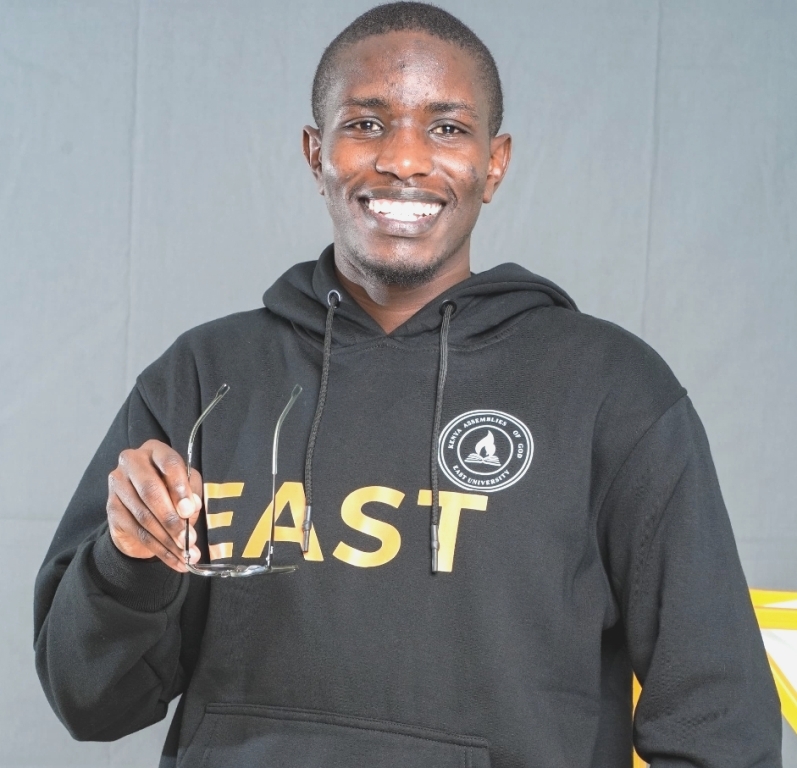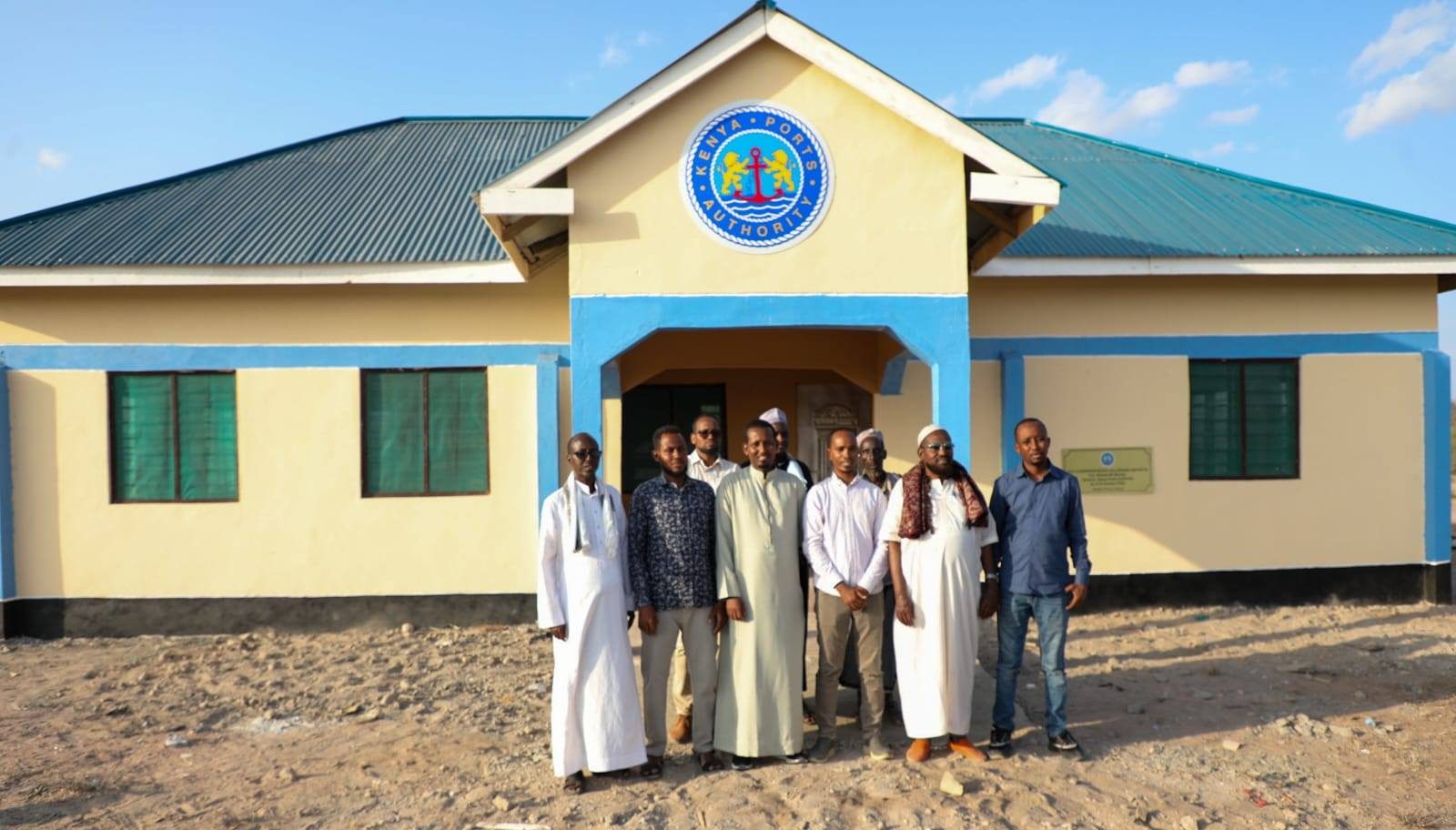Artificial Intelligence (AI) is no longer the stuff of distant dreams or Silicon Valley boardrooms. It has found its way into Kenyan classrooms, lecture halls and study rooms, quietly but powerfully reshaping how learning happens. What once sounded like science fiction is now part of daily education; from automated marking systems to virtual tutors that talk back. AI is redefining what it means to be a scholar in the 21st century and Kenya cannot afford to be left behind.
For decades, our education system has wrestled with a stubborn challenge: how to meet the unique needs of millions of learners within one rigid structure. The ‘one size fits all’ approach, where every child is expected to learn at the same pace, has often left some trailing and others unchallenged. But AI is rewriting that script. Through adaptive learning tools such as Khan Academy’s AI tutor, Google Socratic or emerging local platforms, learners can now receive lessons designed specifically for them. The machine studies how a student answers, identifies gaps and adjusts the difficulty accordingly. It’s like having a patient, tireless tutor who never tires of explaining. In this way, AI transforms learning from a collective race into a personal journey.
ALSO READ;
Smooth KCSE rehearsals in Makueni mark final countdown to national exams
Even more inspiring is how AI opens doors that were once firmly shut. In a country where one teacher can handle over sixty learners in some public schools and where special needs education often lacks resources, AI is a game changer. Speech to text applications, translation software and intelligent reading assistants make it possible for students with disabilities or language barriers to participate fully. A student in Turkana or Taita Taveta can now access the same rich learning materials as one in Nairobi; as long as there is a device and a connection. AI, therefore, becomes not a threat to teachers, but a multiplier of their reach and impact. It is education without borders, learning without limits.
Beyond classrooms, AI is revolutionizing academic research and study habits among Kenyan scholars. Tools such as ChatGPT, Elicit and Semantic Scholar can summarize hundreds of pages of research in minutes, helping university students and researchers analyze data, refine ideas and focus on creative thought rather than clerical work. Meanwhile, plagiarism checkers like Turnitin, already in use across many Kenyan universities, uphold academic honesty by flagging copied work and guiding students to cite correctly. When used ethically, these tools don’t kill originality; they sharpen it. A responsible scholar doesn’t let AI think for them; they use it to think better.
But even the brightest light casts a shadow. Overdependence on AI can weaken critical thinking. Many students are already tempted to copy and paste answers from AI tools without reflection. The danger is to treat AI as gospel truth rather than a thinking companion. Misinformation, data bias and invasion of privacy are also ethical landmines. Some AI systems quietly collect personal data, while others generate content based on flawed or biased sources. The result can be a subtle distortion of truth that misleads unsuspecting learners.
Comprehensive Guidelines for KPSEA, KJSEA, KCSE rehearsals: Roles, Responsibilities, and Procedures
That is why AI literacy must become part of modern education. Kenyan teachers and students need to learn not only how to use AI, but how to question it. Who designed it? What data trained it? What might be missing or wrong? When learners understand these questions, they gain control over technology rather than becoming its subjects. Our schools must therefore establish clear policies on AI usage to maintain academic integrity and nurture innovation without losing the human touch.
Contrary to popular fears, AI is not coming to replace teachers; it is here to empower them. In fact, the heart of education remains human. AI can analyze performance data to help teachers identify struggling learners, recommend remedial strategies or even automate routine tasks like grading. But empathy, mentorship and moral guidance will forever remain uniquely human. The magic happens when technology meets compassion; when data meets heart.
Curriculum developers, too, must think ahead. AI understanding should not be confined to ICT classes. Students of literature can analyze how AI affects communication and creativity. History students can explore how algorithms shape social narratives. Artists can use AI to generate visual designs, while scientists can simulate experiments safely before attempting them in labs. Kenya’s Competency Based Curriculum (CBC) already emphasizes creativity and critical thinking; AI fits naturally into that vision if integrated wisely.
ALSO READ;
KUPPET official hails teachers as Kenya’s unsung heroes in Mashujaa Day tribute
Ultimately, the goal is to raise a generation that uses AI not as a shortcut, but as a springboard. Teachers can encourage learners to fact check AI answers, critique AI generated essays, or use AI to reimagine Kenyan stories, songs and innovations. Such activities build judgment, creativity and intellectual humility; traits of true scholarship.
AI’s place in Kenyan education, therefore, is not just about efficiency; it is about evolution. The question is not whether AI will change how we learn; it already has; but whether we will guide that change with wisdom. If we embrace it responsibly, AI can democratize education, reduce inequality and cultivate thinkers who are as curious as they are ethical.
The future scholar will not fear technology; they will shape it. They will know that intelligence, whether human or artificial, only grows in the presence of curiosity, morality and imagination. And that, perhaps, is the greatest lesson of all: AI is not here to replace the human mind, but to remind it how powerful it can become when guided by purpose.
By Isaiah Rolvin
Isaiah Rolvin is a teacher and writer passionate about education, creativity and the future of learning in Kenya.
You can also follow our social media pages on Twitter: Education News KE and Facebook: Education News Newspaper for timely updates.
>>> Click here to stay up-to-date with trending regional stories
>>> Click here to read more informed opinions on the country’s education landscape






